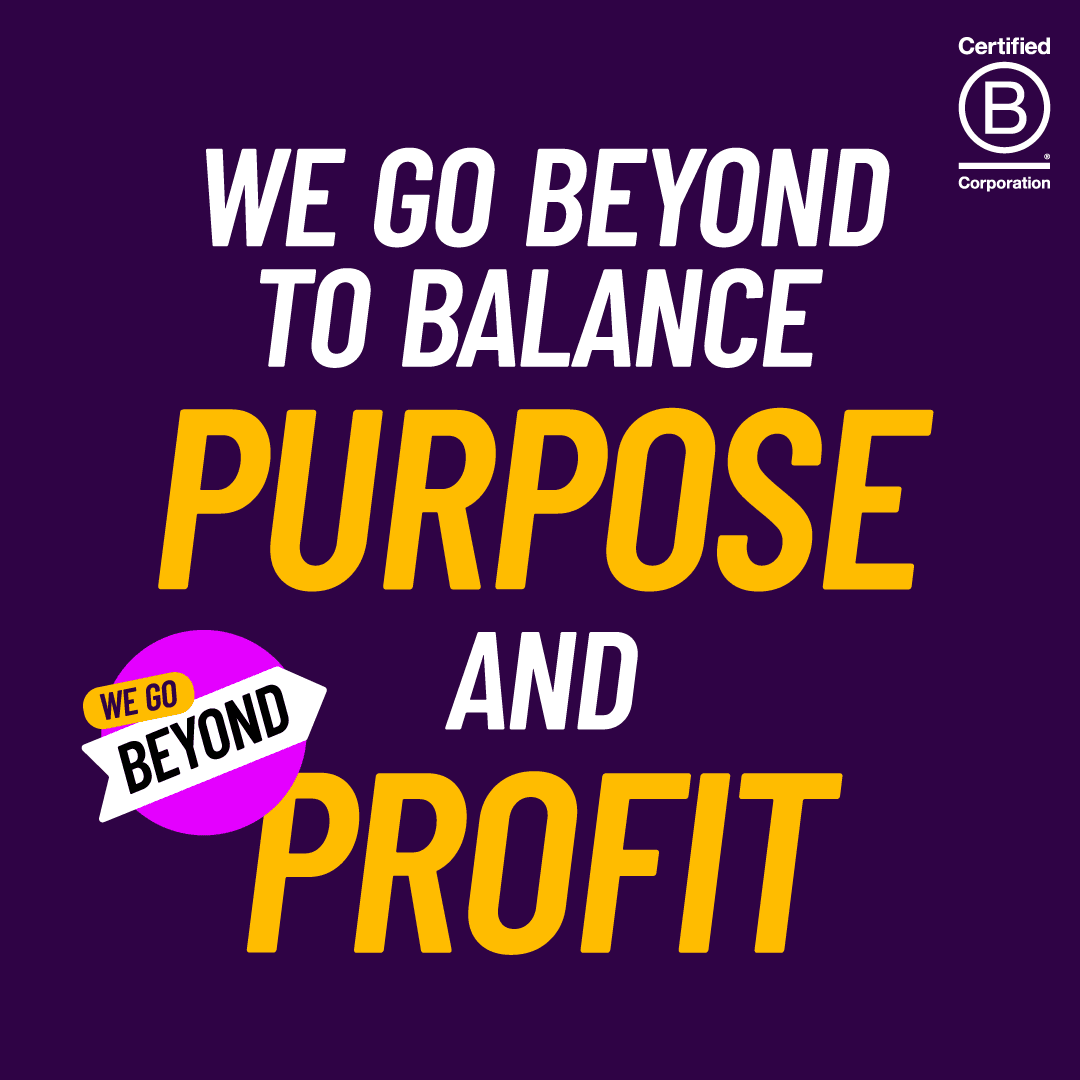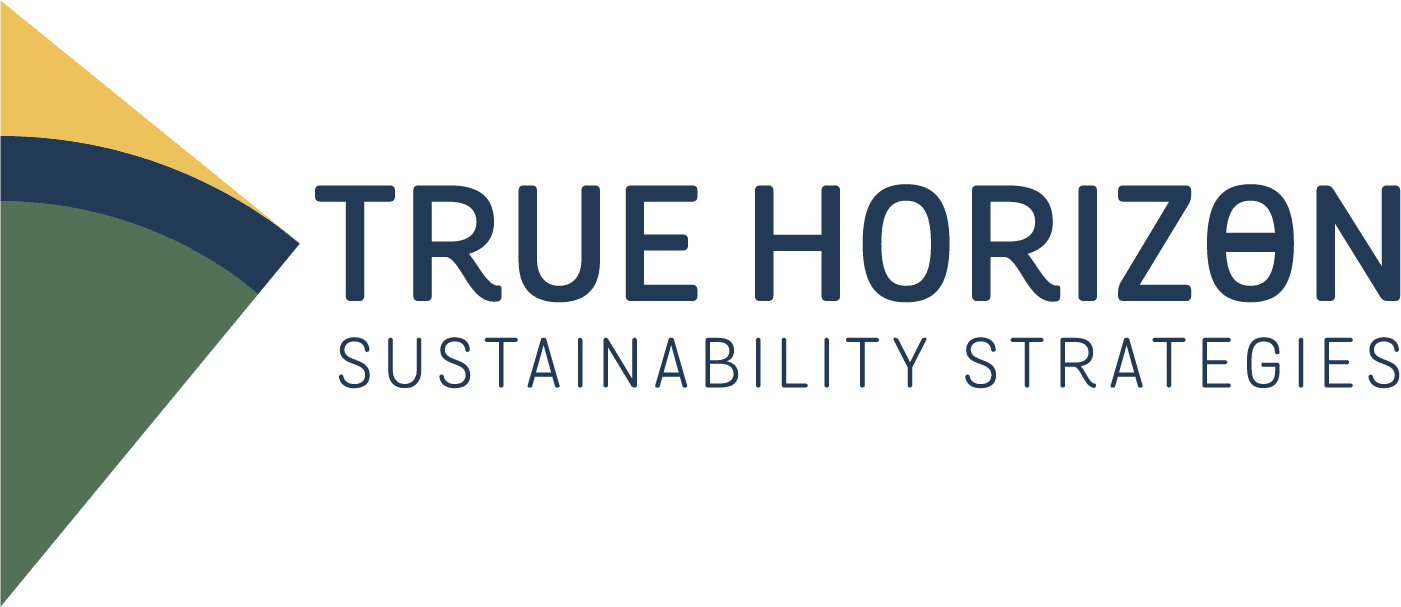
It’s not the B-Corp and end-all!
B-Corp certification isn’t a silver bullet.
Hear me out. I’m a huge believer in the B Corp movement. It’s galvanised businesses across the world to be a force for good, transforming the global economy to benefit people, communities, and the planet.
Achieving B Corp status is no mean feat. I should know; I have a whole service line dedicated to B Corp support. Certified members must meet stringent standards of performance, accountability, and transparency on factors from employee benefits and charitable donations to supply chain practices and environmental responsibility.
It’s a big deal.
It’s a fantastic starting point.
But it doesn’t guarantee perfection.
And guess what? Nothing does, especially when it comes to meaningful environmental and social change.
There’s a reason why I encourage ‘imperfect sustainability’ here at True Horizon; it’s the only way we can make tangible, incremental improvements.
Perfection, as a sustainability strategy, just doesn’t work.
The issue with heralding B Corp status as the ultimate goal is that it reduces sustainability to a tick-box exercise. There’s a danger that more and more organisations will view it as a positive PR move, rather than a genuine commitment.
I don’t believe in finger-pointing so I won’t name names, but last year a U.K. B Corp came under fire for allegations of toxic work culture. I’m willing to bet that they received more backlash because they’d marketed themselves as an ethical, eco-friendly, and people-focused organisation. The hypocrisy rubbed people up the wrong way, prompting customers to question the integrity of the brand. This is why B Corp certification shouldn’t be taken lightly; it’s a commitment, not an award.
Your sustainability targets and pledges don’t disappear when you achieve B Corp certification; it’s only the starting point. Instead, see it as a springboard for sustainability, giving you the impetus to keep moving forward and improving as your business grows.
Let’s not turn B Corp status into an elaborate greenwashing effort. Let’s live and operate by example.
And let’s make sure the way we talk about our targets and achievements is transparent.
As a guideline, check out GOV.UK’s Green Claims Code to make sure your words and actions match up:
Green claims MUST:
- Be truthful and accurate: Businesses must live up to the claims they make about their products, services, brands and activities.
- Be clear and unambiguous: The meaning that a consumer is likely to take from a product’s messaging and the credentials of that product should match.
- Not omit or hide important information: Claims must not prevent someone from making an informed choice because of the information they leave out.
- Only make fair and meaningful comparisons: Any products compared should meet the same needs or be intended for the same purpose.
- Consider the full life cycle of the product: When making claims, businesses must consider the total impact of a product or service. Claims can be misleading where they don’t reflect the overall impact or where they focus on one aspect of it but not another.
- Be substantiated: Businesses should be able to back up their claims with robust, credible and up-to-date evidence.
(Source: greenclaims.campaign.gov.uk)
Are you interested in weaving sustainability into your everyday decisions with 1:1 expert guidance?
Maybe B Corp certification becomes a part of that or perhaps there is a more suitable option for your business.
The Sustainability Strategy Package is designed to help you make these decisions by building a tailored roadmap for your business.
Over the course of six months, we’ll work together to devise a strategy that’s tailored to the needs, goals, and values of your organisation.
If you’re done with treating sustainability as an afterthought and ready to devise a workable strategy that balances purpose and profit, let’s get to work!
Are you ready to build your sustainability roadmap?

